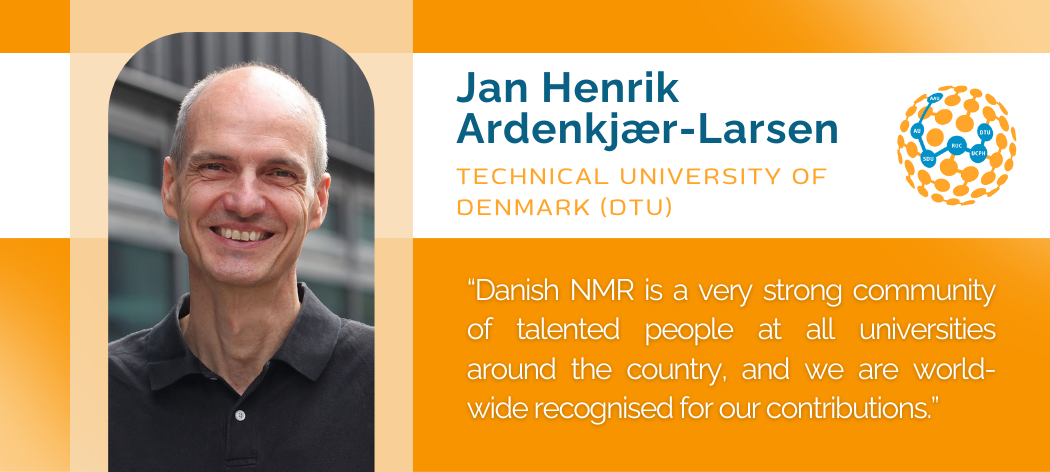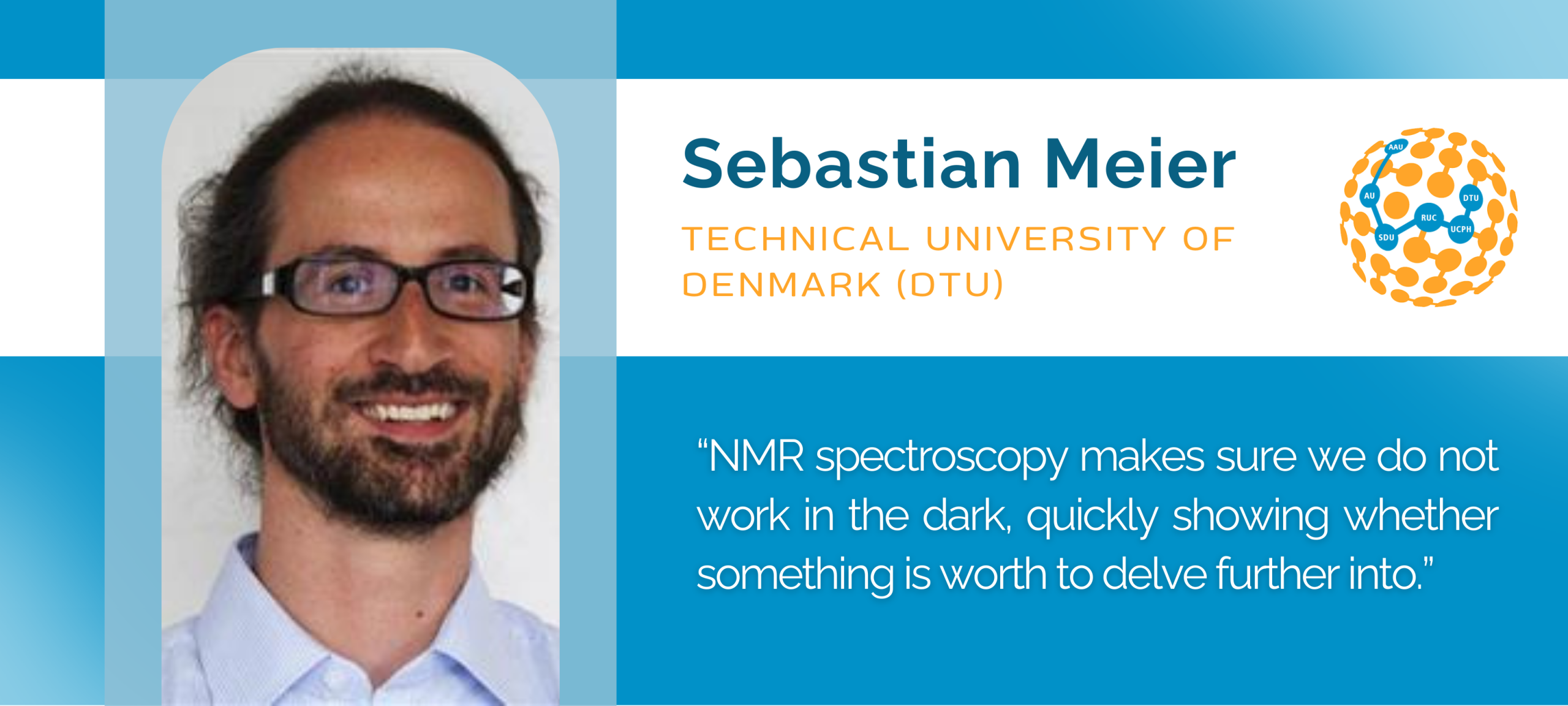Søren Balling Engelsen master’s degree at DTU focused on vibrational spectroscopy and the development of molecular mechanical force fields. He also developed software programs for structural modeling of molecules. In his PhD, also conducted at DTU, he further developed this technique to include modeling of lipids and carbohydrates, spending a year at Cornell University, USA, […]
Using Advanced NMR Methods for Investigating Protein Regulation in Cancer and Other Diseases
Originally from France, Thibault Viennet embarked on an academic journey that recently led him to Aarhus, Denmark, studying chemical engineering at Lille University in France, refining his skills in analytical techniques. His undergraduate years revealed that his true passion lays in research, diverting him away from a potential future in the industry. Thibault’s academic focus […]
Development of new MRI techniques can enhance medical imaging
Jan Henrik Ardenkjær-Larsen obtained his education as an electrical engineer at DTU. After completing his -master’s thesis, he pursued an industrial PhD at Nycomed, a Norwegian medical company known for producing contrast agents for X-ray, CT, and MR techniques. During his thesis at DTU, Jan Henrik primarily focused on MR, which he continued to investigate […]
New NMR-methods can help uncover the secrets of proteins and their functions
Proteins are the building blocks of life itself. Understanding the mystery of these complex molecules is something that has perplexed scientists for centuries, including Professor Kaare Teilum. He uses NMR to better understand the function and structure of proteins, which could help understand some of the most devastating diseases of present time.
NMR spectroscopy can help the sustainable sciences catch up
The green transition is receiving more and more attention, and scientists are working on new and better methods for creating more sustainable and less polluting materials and processes. Sebastian Meier explains why NMR spectroscopy can be a valuable tool for the sustainable sciences, allowing scientists to observe molecules quickly and efficiently, and while they change.
NMR spectroscopy unites the Danish industry and academic world
NMR spectroscopy is an important tool in industry as well as in the scientific community. Flemming Hofmann Larsen has been a part of both worlds and has used NMR spectroscopy in a range of different fields including food and drink, health, dermatology, and metabolomics.
From the Green Transition to Cardiac Arrhythmia – how insights from NMR spectroscopy can help
NMR has a wide range of uses in the world of science ranging from structural assessment, chemical reactions to quantification. Reinhard’s group at Aalborg University (AAU) illustrates this diversity, as he works across the spectra of NMR uses, applying NMR in metabolomics, proteins, fungi, and industrial processes.







